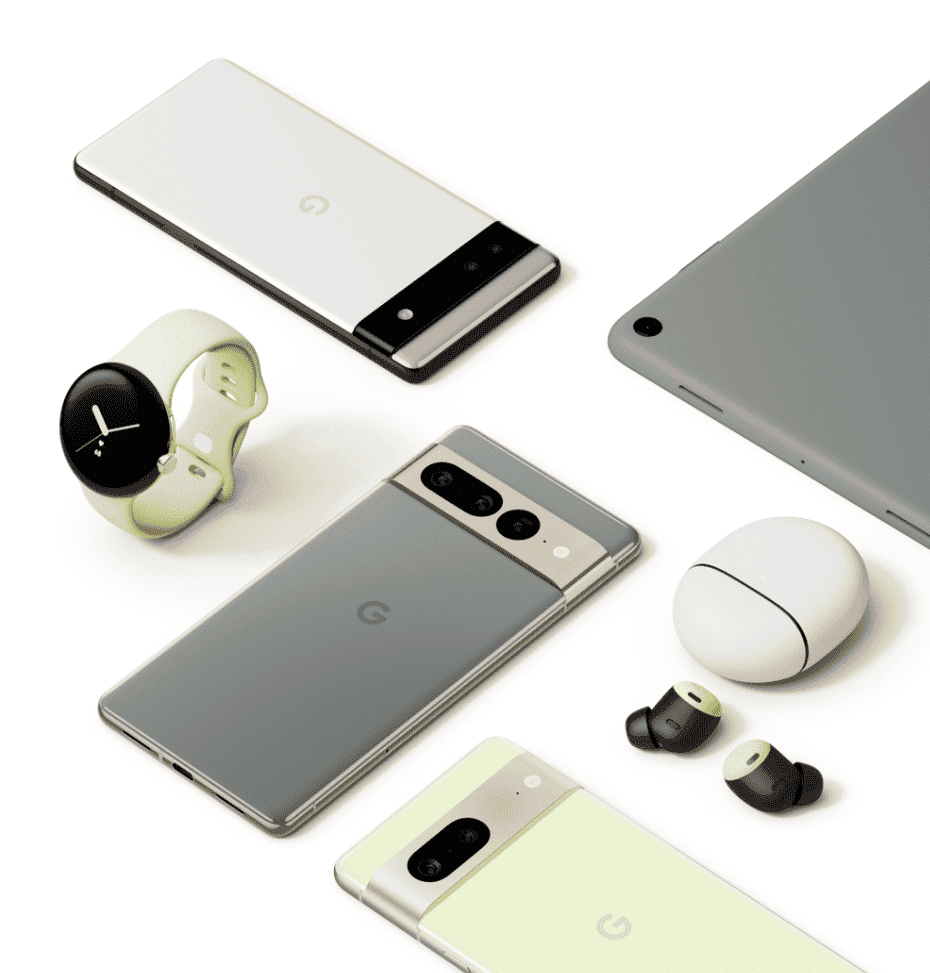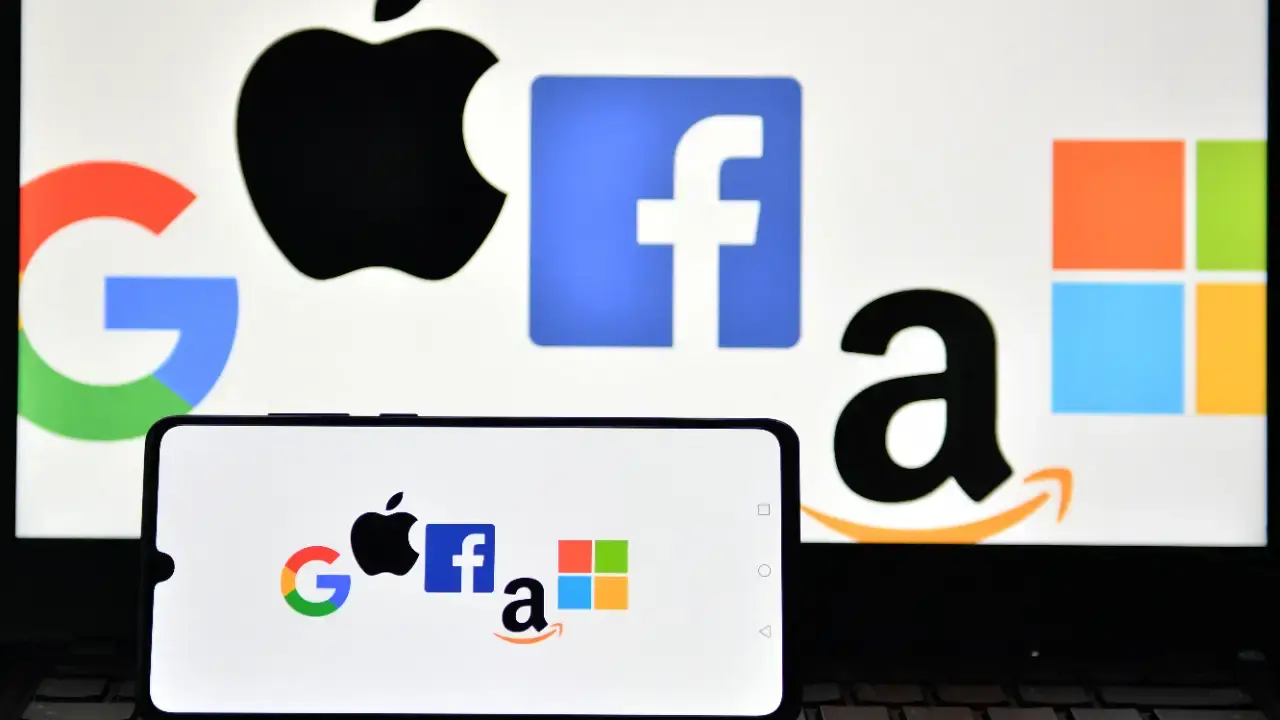Mobile phones have become an integral part of our lives. They have changed the way we communicate, work, and even socialize. However, their constant use has also led to some negative consequences, such as increased stress and anxiety. Google recognizes this and has been working on initiatives to encourage healthier and more mindful use of mobile devices.
Google tips for healthier and more mindful use of mobile devices

As part of their Corporate Social Responsibility plans, Google has made the Android Digital Wellbeing section mandatory for devices to receive Google Play certification. This section provides users with a range of tools to help them manage their digital lives. For example, it allows users to set app timers to limit their usage, schedule downtime to disconnect from their devices, and even track their screen time to better understand their habits.
Google has also introduced disconnection tools to help users unplug from their devices. For example, they have launched a feature called “Wind Down” that gradually fades the screen to grayscale and enables Do Not Disturb mode before bedtime. This can help users relax and prepare for a good night’s sleep.
Moreover, Google is using AI to help users manage their digital lives more effectively. For example, they have launched a feature called “Google Duplex” that can make phone calls and book appointments on behalf of users. This can help users save time and reduce the stress of managing their schedules.
Unlocking the Benefits of Digital Wellbeing: Google’s Tips for a More Balanced Life

Recently, Google shared three tips on their popular blog, The Keyword, to help users avoid anxiety and improve their overall mental health. The first tip is to use devices less. By reducing screen time and usage of digital devices, we can reduce stress and enjoy our time more. It’s important to disconnect from mobile devices beforehand, not take them to bed, and learn to identify the signals that our body gives us. Creating routines to make falling asleep easier can also help achieve better rest.
The second tip is to improve the quality of sleep, which is closely linked to stress. To do this, Google recommends disconnecting from devices beforehand and setting up sleep routines, such as going to bed at the same time each night, turning off devices a few minutes before bed, and relaxing with reading.
Also, Google advises reducing the time spent on screens and digital devices. Blue light from devices can contribute to sleep problems, and taking a break from emails and social media can help reduce stress and anxiety.
Google experts say stress is a normal part of our lives, and sometimes very challenging in the modern environment, but that we should all learn to identify these signs of stress in order to take better care of ourselves, know ourselves better and manage the pressure of a healthier way.
Overall, Google is working to encourage healthier and more mindful use of mobile devices. By implementing digital wellbeing features and providing tips for reducing stress and improving mental health, Google hopes to help users achieve a more balanced life. It’s essential to disconnect from devices, improve sleep quality, and reduce screen time to reduce stress and improve overall mental health.
Tips for achieving a more balanced life while still using smartphones and technology

Here are some tips for achieving a more balanced life while still using smartphones and technology:
- Set boundaries: Set specific times when you will use your phone or technology, and when you will put it away. For example, you could make a rule to not use your phone during meals, or to put it away an hour before bed.
- Practice mindfulness: Pay attention to your thoughts and feelings while using your phone or technology. Are you feeling anxious or overwhelmed? Taking breaks or using features like screen time can help you be more mindful of your usage.
- Take breaks: Even short breaks throughout the day can help you feel more balanced. Take a few minutes to stretch, meditate, or take a walk outside.
- Connect with people in person: While technology can be great for staying connected with people, face-to-face interaction is also important for mental health. Schedule regular in-person meetings or activities with friends and family.
- Prioritize sleep: The blue light emitted by screens can interfere with sleep. Try to avoid using your phone or technology for at least an hour before bed, and consider using features like Night Shift or f.lux to reduce blue light emissions.
- Be intentional with your use: Consider why you’re using your phone or technology. Are you using it for entertainment or to avoid boredom? Try to be intentional with your use, and find other ways to fill your time that are more fulfilling.
- Practice good posture: Poor posture while using technology can lead to neck and back pain. Be mindful of your posture and take breaks to stretch and move around.
Remember, technology can be a powerful and helpful tool. But it’s important to use it in a way that supports your overall well-being.





